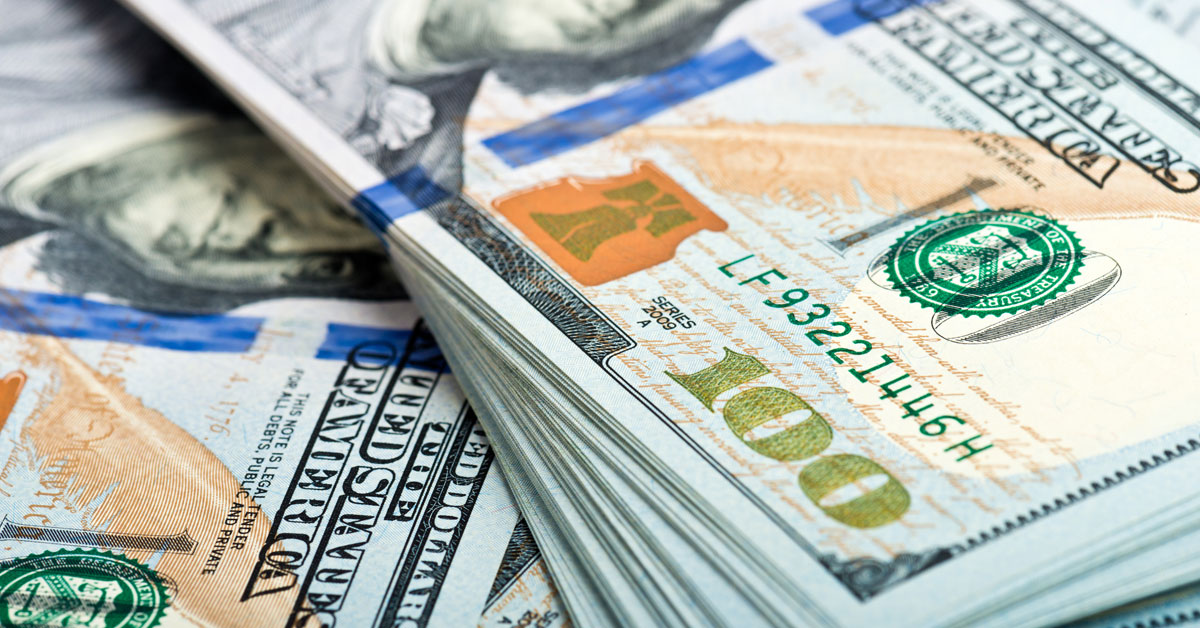- A high yield Certificate of Deposit (CD) by Discover Bank, Member FDIC offers some of the highest rates available. Explore our CD options & CD rates today.
- Members 1st is more than just a name—it's a mindset. Everything we do is in the best interest of all of us. We're here to help members thrive and better the communities we serve. Where others see dollars and cents, we see people and passions. And we offer a full suite of financial tools and services that help our members do more with their money.
- Certificates of deposit (CDs) can be a good choice when you want steady, predictable income that provides federal protection of your principal 1. CDs allow you to lock in an interest rate for a set period of time and give you a predictable payout.
A CD (certificate of deposit) is a type of deposit account that’s payable at the end of a specified amount of time (referred to as the term). CDs generally pay a fixed rate of interest and can offer a higher interest rate than other types of deposit accounts, depending on the market. While its promotional CDs have more compelling rates, you can still find higher rates.
|Certificates of deposit, or CDs, are powerful, interest-bearing investments that reward investors for leaving cash untouched for a fixed period of time. A CD calculator can help you to know how much you can expect to make on your investment and how much to invest to reach your financial goal.
How to calculate CD earnings
Cd Rates Highest Local Banks
Using a CD calculator is simple. Input the basic information about the CD option you're looking at, and click the calculate button. The information you'll need is your initial deposit size, how long the CD is invested for and the APY rate offered.
You can compare different scenarios by changing out these numbers to see the effects it will have on your total ending balance, interest earnings, total earnings and how that matches up against the current national average.
- Initial deposit: The amount of money you initially invest in your CD
- Period (months and years): The time period that your CD is for. This is the period of time you're expected to leave your funds untouched to get maximum gains.
- APY: The annual percentage yield (APY) is the percentage rate of return you'll see over the course of one year. APY, as opposed to the interest rate, does take into account the effects of compound interest.
- Total balance: The amount you should have available for withdrawal at the end of your CD investment term.
- Interest earnings: The portion of your earnings that come from interest
- Your earnings: The total earnings you'll see at the end of your CD term, including interest and the effects of compounding
- National average: The amount you would earn with a CD that mirrored the current national average rate of return
Why use a CD calculator
As long as you're getting a CD through a trusted banking partner that is FDIC insured or NCUA insured, the major difference between options will be the rate of return. CD calculators allow you to quickly determine how much you're going to make with a particular CD option. If you're looking to meet a particular savings goal, a CD calculator lets you quickly change period lengths, deposit amounts and APY rates to find the right option.
How to pick the best CD provider

The first thing you should look for when selecting a CD provider is whether it is FDIC- or NCUA-insured or not. You will want to stick to investing in financial institutions that have government backing of the funds.
From there, you'll want to look at the APY rates to see where you might get the best return. Remember, APY rates will vary based on the term of the CD and also may vary based on the amount of money you have invested. Always take the time to compare the best CD rates to make sure that you're locking your money into the right account.
Lastly, make sure you look at the early withdrawal penalties. Not all institutions assess the same penalties. Ideally, you'll keep the money in the CD until maturity, but it's good to know what will happen if you find a sudden need for the money.
What happens if you withdraw early
Unless you're taking advantage of a no-penalty CD like the ones offered through Ally Bank, you will incur an interest penalty if you withdraw your funds early. The idea of a CD is that the bank knows it can use your funds for different operations during the fixed period. When you withdraw early, the bank will assess a penalty because of this.
Different financial institutions will have different withdrawal penalties. For example, Alliant Credit Union will take back the interest earned up to 120 days for a CD that is open 18 to 23 months. Ally Bank will only take up to 60 days of interest for CDs 24 months or less. Keep in mind that the bank or credit union won't take any of your initial deposit as a penalty.
We believe in delivering the perfect client experience and place the highest priority on protecting your confidential information. For security purposes, we have temporarily suspended online access to your account.
To access your account, please:
- Visit a BB&T branch or ATM
- Log in to the U by BB&T® mobile app
- Send a text to MYBBT (69228) (if you have a mobile number registered with BB&T)
- Call our online banking support at 888-228-6654 and provide us the reference code below
Reference Code: (18.c6641102.1615060787.1edd1953)
Current Cd Interest Rates Chase Bank
Thank you for your patience, and please accept our apologies for any inconvenience this may have caused.